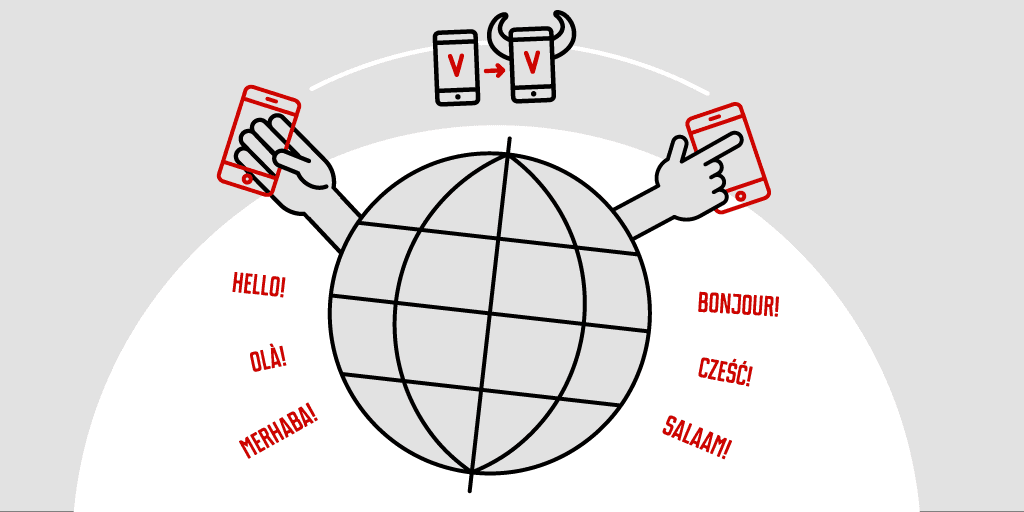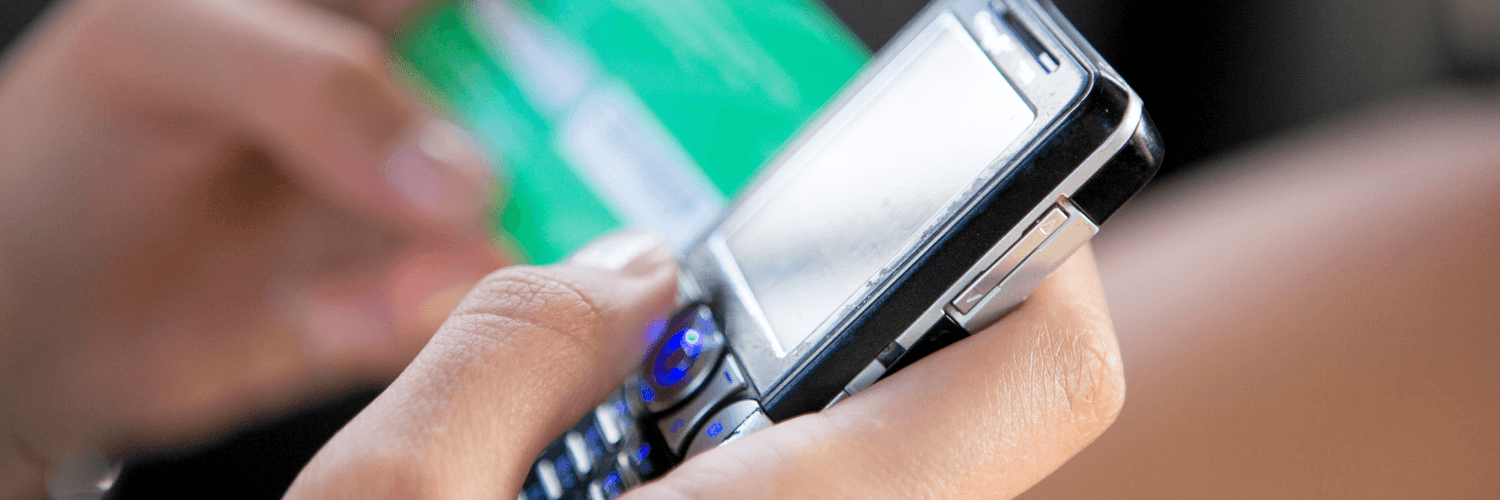SIM card registration is mandatory in approximately 150 countries worldwide. Such regulations are introduced mainly for security reasons. We decided to review the statistics and take a closer look at the regulations in other countries. What did we discover? Details below!
The fight against crime and terrorism is the main reason why more and more countries are deciding to introduce mandatory SIM card registration. Law enforcement agencies point out that locating criminals using prepaid phones is difficult, and therefore the aforementioned regulations could significantly impact the detection of such individuals.
Different countries, different customs, i.e., the situation of SIM card registration in various parts of the world
What was the main reason for introducing mandatory SIM card registration in individual countries? Ecuador decided on mandatory SIM card registration to prevent crimes, especially those related to mobile phone theft. In turn, the Nigerian government assumed that thanks to mandatory registration of prepaid SIM cards, the level of crimes related to online banking, kidnappings, and robberies would decrease. In Poland, proponents of this idea believed that it would reduce the number of false bomb threats.
Although a significant number of countries have decided to introduce mandatory SIM card registration, there are countries that have abandoned it. These include, among others, the United Kingdom, whose government, after thorough analysis by intelligence agencies and security experts, did not decide on such a solution. Mexico introduced mandatory SIM card registration in 2009, but abandoned it after three years. The country did not record any impact on reducing crime – moreover, its scale significantly increased. Currently, some mobile operators in Mexico may ask for SIM card registration.
The situation of SIM card registration in countries such as Thailand, Peru, India, or Pakistan, which use user biometrics for this purpose, is interesting. This means that a person who wants to register a SIM card in these countries is obliged to leave their fingerprint or have their iris scanned to be able to use a prepaid phone without problems.
Threats resulting from mandatory SIM card registration
The introduction of mandatory SIM card registration presents opportunities related to crime prevention, but also threats. A concern that is increasingly being raised is the possible social exclusion of certain groups of people. As shown by a report prepared by GSMA – millions of people who do not have identification documents, and therefore cannot register a SIM card, are at risk of social exclusion. It is estimated that over a billion people do not have identification documents – these are mainly people from South Asia or Sub-Saharan Africa, as well as stateless persons or refugees seeking asylum in other countries. The requirements for SIM card registration and methods of identity verification vary by country, but they often make it difficult for such individuals to access mobile services.
The SIM card registration process may seem cumbersome – for two years now, it has required more commitment and time from us than before. This change in regulations can be particularly noticeable for tourists visiting our country who need a local number for a short period of sightseeing and travel. They are forced to fulfill a series of formalities, often incomprehensible from their perspective. Until now, SIM card registration was possible in operator sales points, bank branches, at the post office, or by ordering a courier – in short, in places and through individuals who could verify our identity. Here, thanks to the new V2V service, it can be done without leaving home, and the person verifying identity can be any adult Viking.
Vikings, what do you think about the necessity of registering SIM cards? Let us know in the comments! 😉











